Georgia’s legislature debates a religious freedom bill, dividing opinions between Republicans’ defense of religious rights and Democrats’ warnings of potential discrimination. The Senate’s approval sends the contentious bill to the House, spotlighting a clash over civil liberties and inclusion.
Battle Lines Drawn
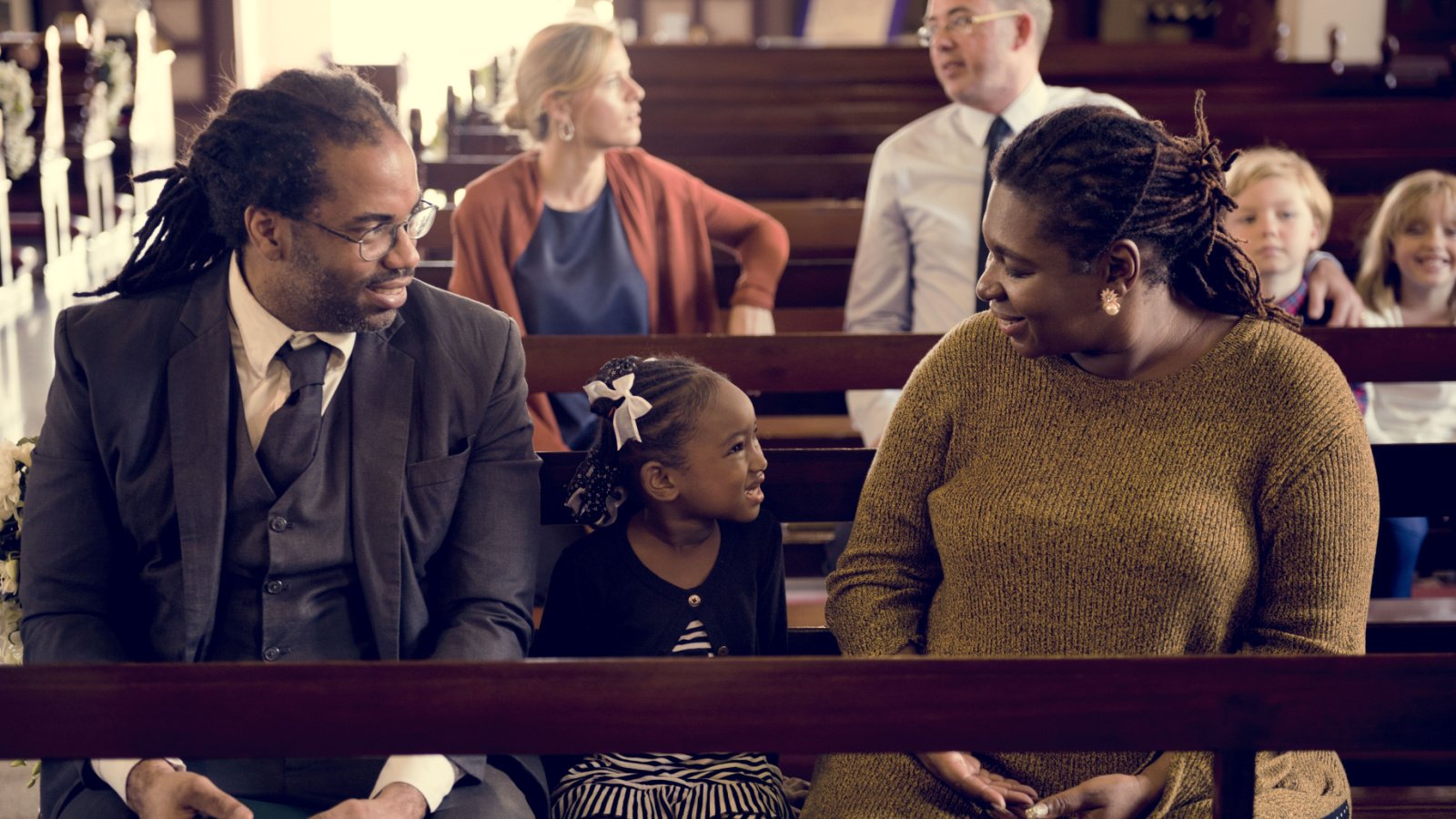
In Atlanta, the Republican camp is rallying behind a bill aimed at safeguarding religious freedoms, a move they argue is necessary to prevent overreach by state and local governments. Meanwhile, Democrats are sounding the alarm, suggesting the measure could pave the way for discrimination against the LGBTQ+ community under the guise of religious liberty.
Legislative Moves
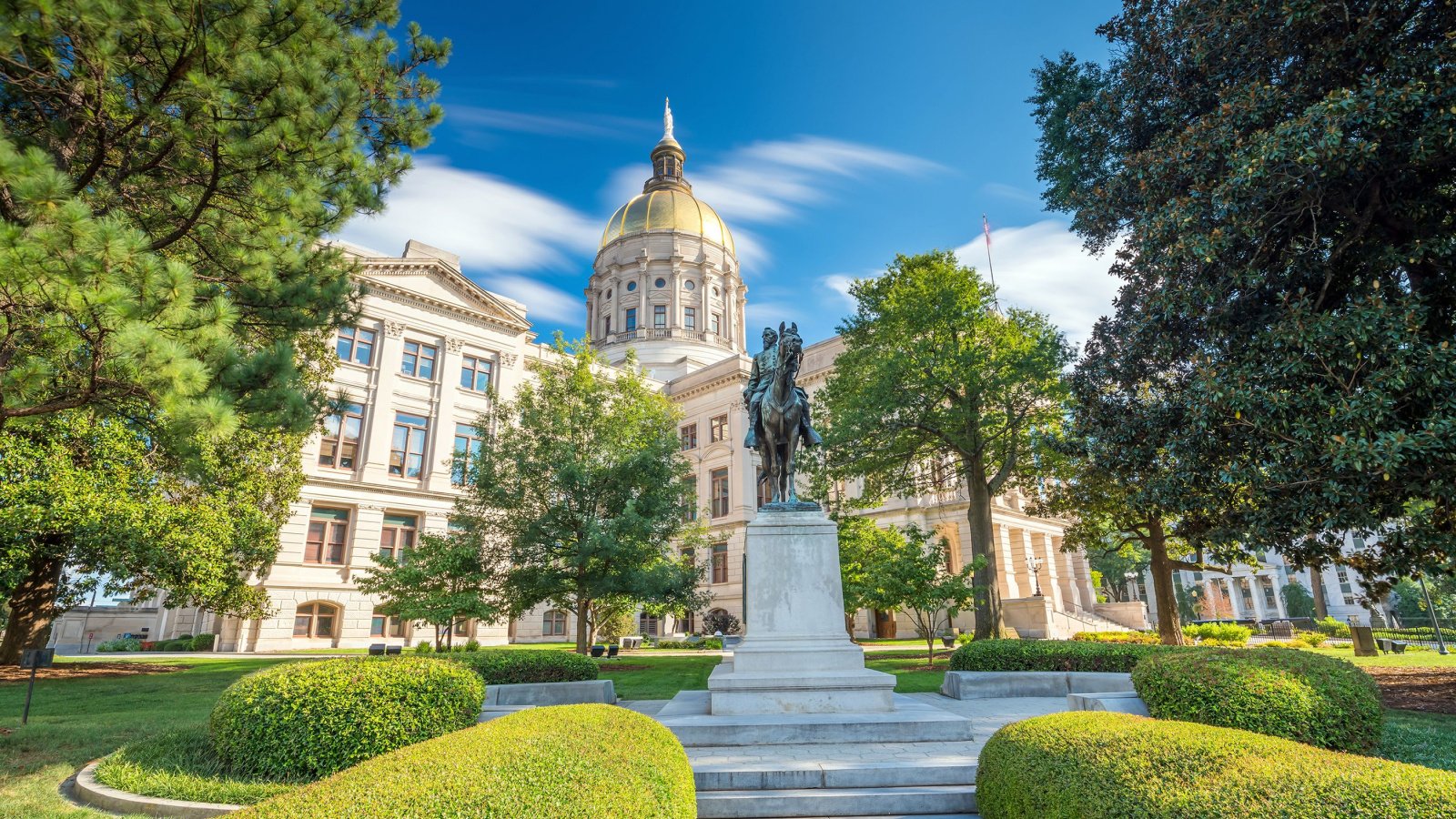
The Georgia Senate recently cast a decisive vote, 33-19, in favor of Senate Bill 180, propelling it towards the House for further discussion. This marks a revival of a contentious issue that Georgia has grappled with before, echoing a similar legislative effort that was ultimately vetoed eight years ago.
A Familiar Debate
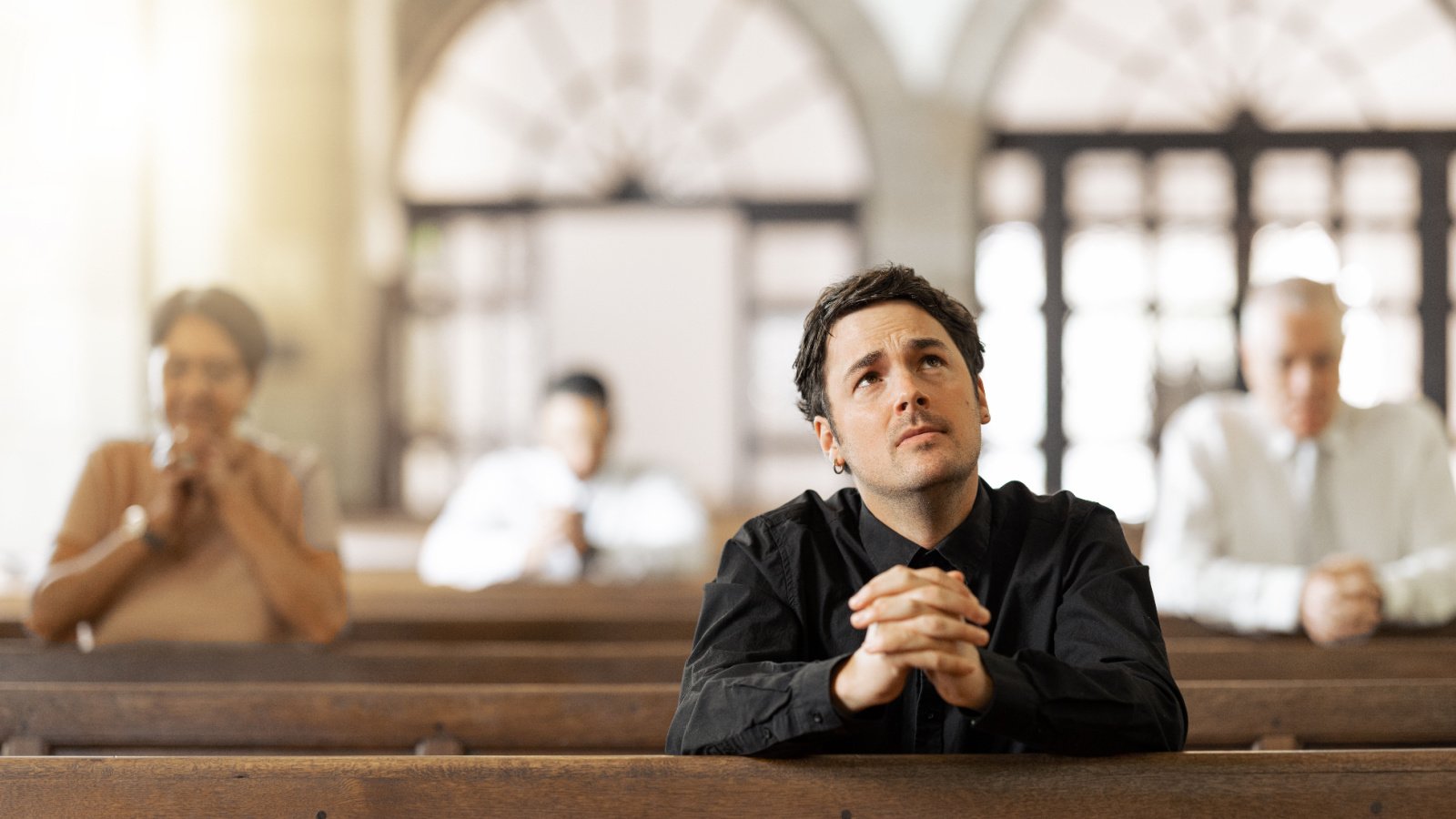
Georgia finds itself in the midst of a renewed debate over religious rights, a saga that began eight years ago with a similar proposal that was vetoed by then-Governor Nathan Deal amid concerns from the business sector. Today, the measure reemerges at a time when political stakes are high, and Republican leadership leans more conservative.
Election Year Dynamics
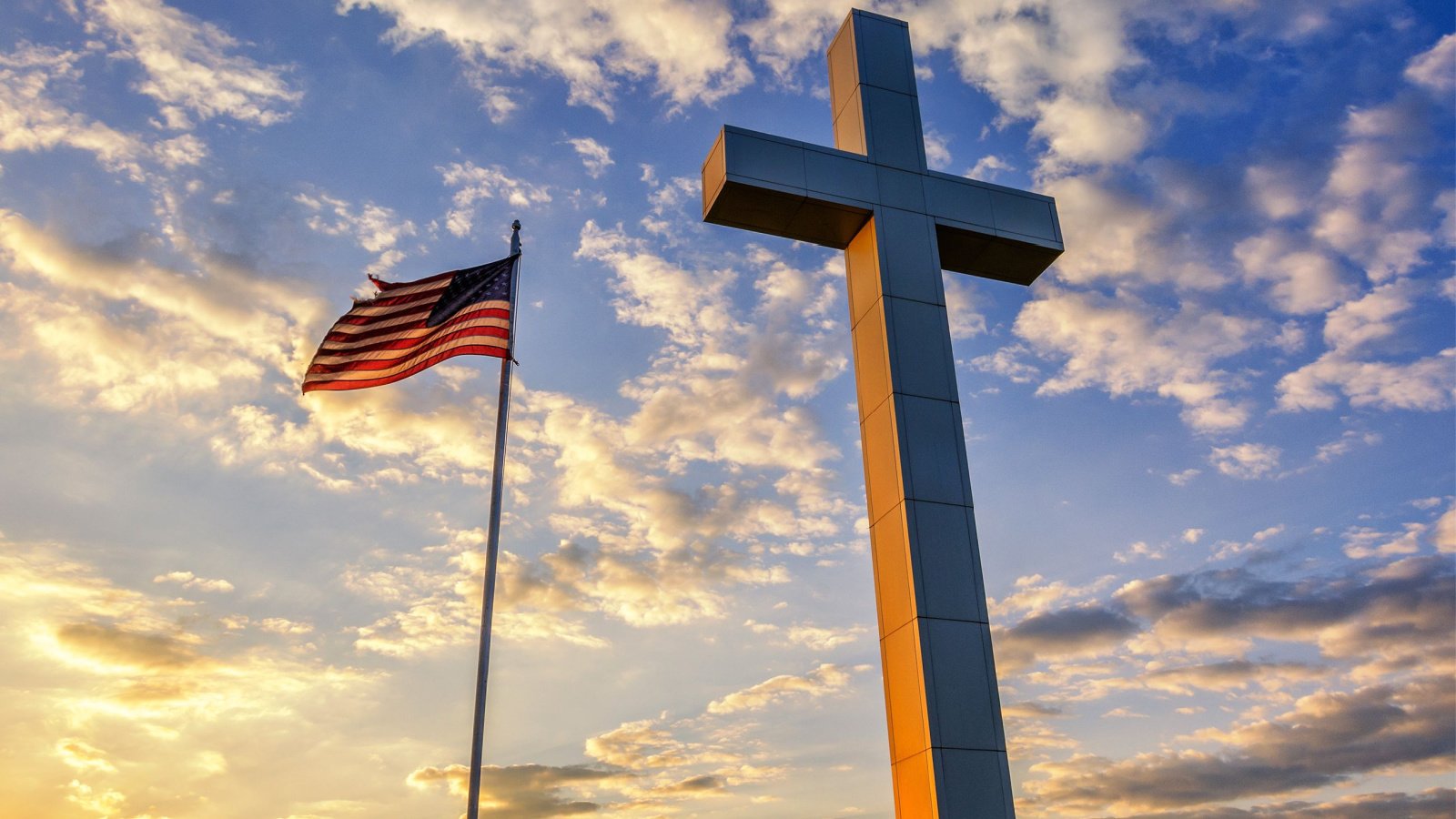
As election year pressures mount, the push for this religious protection bill gains momentum among Republicans, showcasing a shift towards more conservative stances among Georgia’s lawmakers. This legislation draws inspiration from the 1993 Religious Freedom Restoration Act, aiming to ensure that individuals’ religious beliefs are not easily overridden by government actions.
A Call for State-Level Protections

Senator Ed Setzler from Acworth has voiced a strong need for Georgia to establish its own set of religious protections, pointing out the limitations of federal law in safeguarding against state and local government infringements on religious freedom. Proponents argue that without such a bill, local governments could, for example, unjustly restrict the distribution of religious materials or the zoning of churches, highlighting a critical gap in the protection of religious liberties.
A Pause for Religious Rights

Senator Ed Setzler emphasizes that the proposed bill is about making the government think twice before it infringes on someone’s religious beliefs. He frames it as a measure of last resort, ensuring that if the government must intervene, it does so while fully accommodating the individual’s faith.
Concerns of Discrimination

Critics of the bill, however, see a darker side, fearing it could be exploited to justify discriminatory practices, such as denying employees birth control coverage. They argue that such legislation could punch holes in existing protections against discrimination, leaving vulnerable groups at risk.
A State Without Safeguards

Senator Kim Jackson, highlighting Georgia’s lack of anti-discrimination laws, warns of the potential for misuse of the religious rights bill. As one of the few states without such protections, Jackson fears the legislation could lead to personal and systemic discrimination, affecting her family directly and others in similar situations.
An Open Door to Discrimination

Jackson views the legislation as not just a law, but as an open invitation for individuals to discriminate under the guise of religious freedom. She cautions that it could put anyone perceived as different at risk, framing the bill as a permission slip for prejudice.
Economic Repercussions

Opponents also raise concerns about the bill’s potential economic impact, suggesting it could drive away LGBTQ+ residents and businesses. Leading business organizations have expressed their opposition, fearing it could tarnish Georgia’s reputation as a welcoming place for business.
A Defense of the Legislation
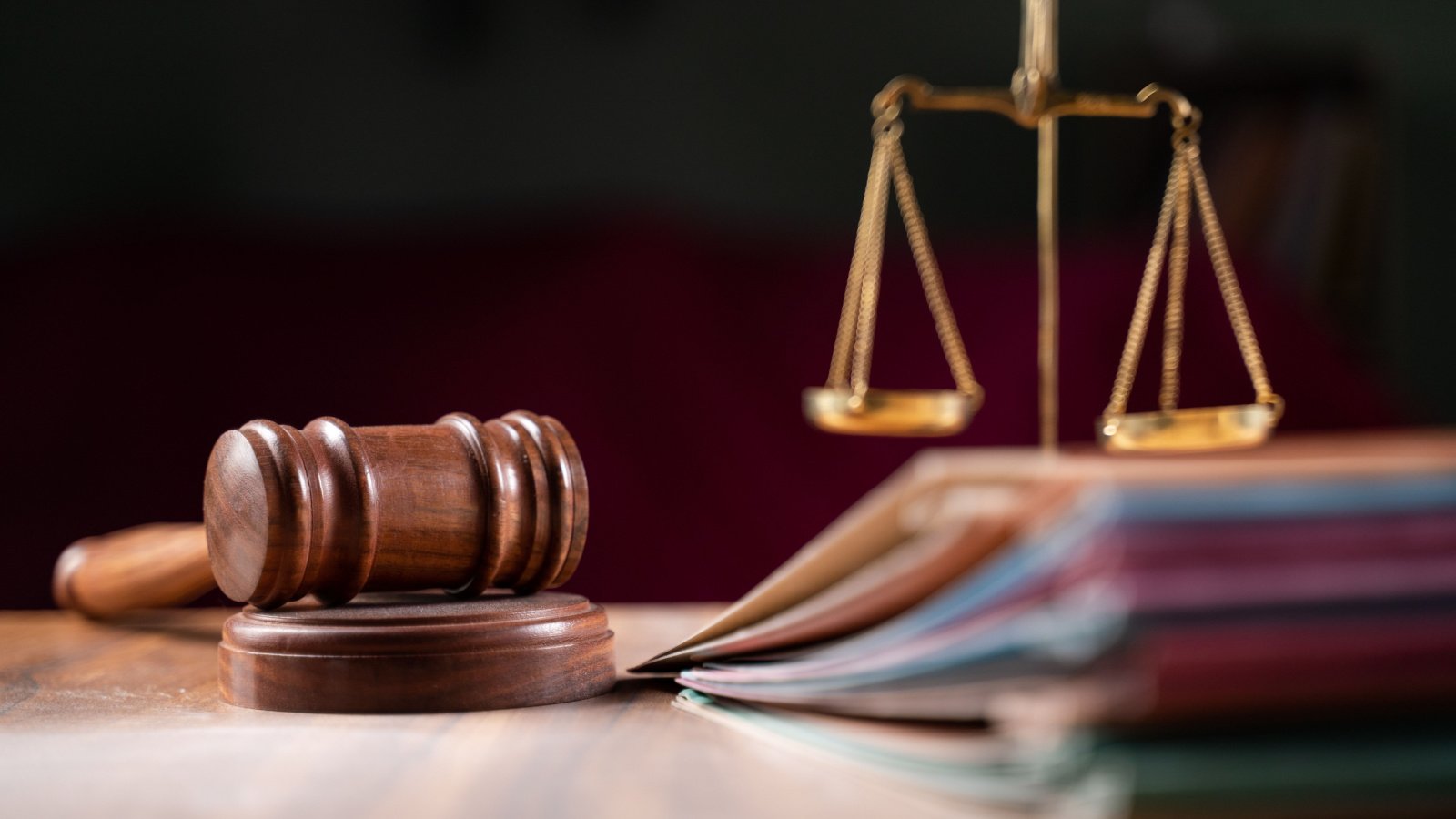
Despite these concerns, Senator Setzler remains a staunch defender of the bill, dismissing fears of it being used for discriminatory purposes as exaggerated. He insists that the legislation will be applied judiciously, case by case, without prejudice.
A Victory for Religious Freedom Advocates

For Christian conservative groups, the bill’s progress represents a significant win, hailed as a testament to Georgia’s commitment to protecting religious freedom from government interference. They see it as a crucial step in ensuring that citizens can practice their faith freely.
Seeking a Balanced Approach
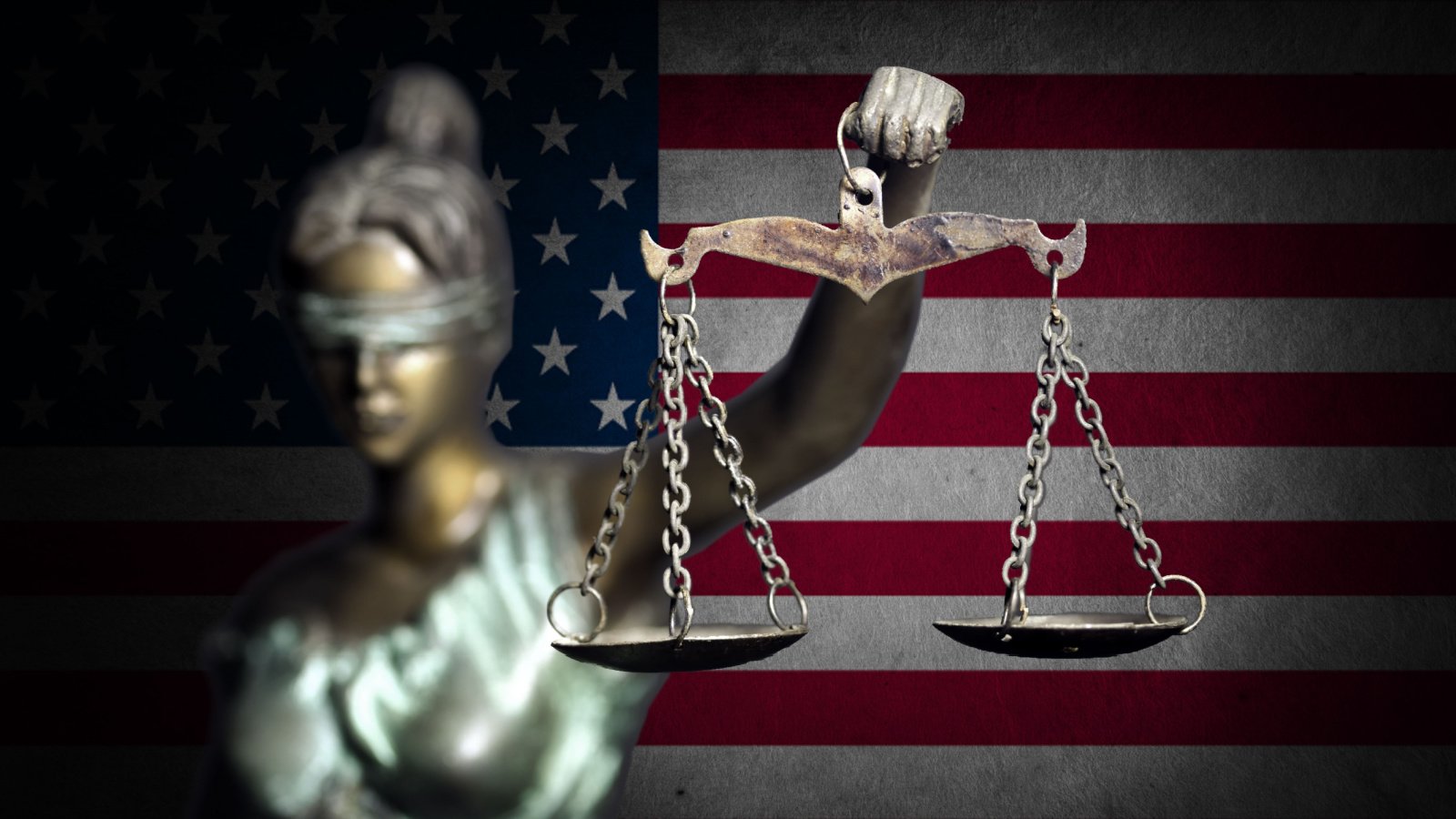
As the debate around Senate Bill 180 continues, both sides seek to find a balance between protecting religious freedoms and ensuring that such protections do not lead to unintended consequences. Lawmakers are tasked with the challenge of crafting legislation that respects the delicate interplay between individual rights and collective societal norms. This balance is crucial for maintaining Georgia’s diverse and inclusive community, ensuring that protections for religious beliefs do not come at the expense of others’ rights and freedoms.
A National Conversation
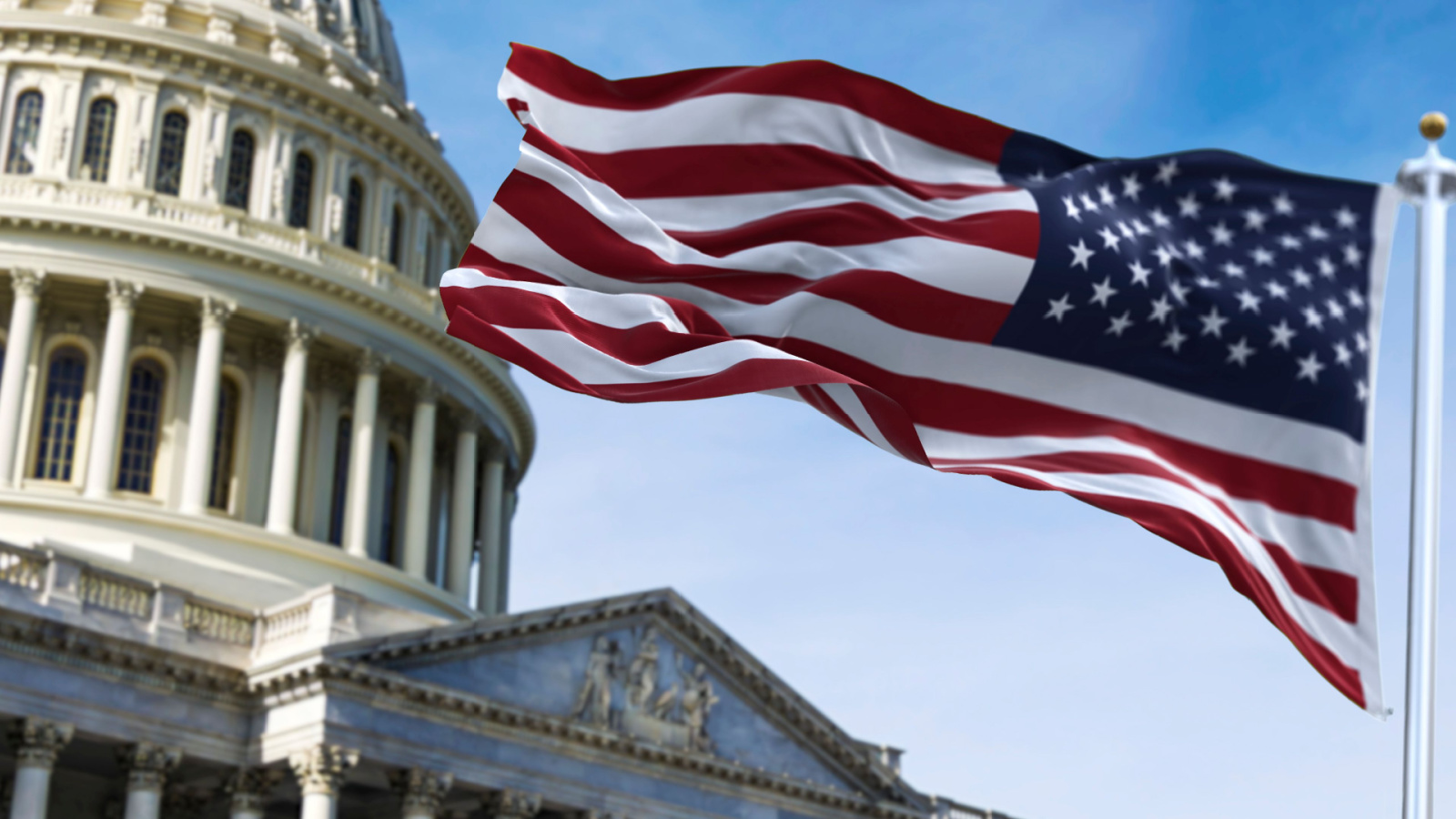
Georgia’s legislative efforts mirror a broader national conversation about the extent to which religious freedoms can be protected without infringing on the rights of others. Across the United States, similar bills have sparked debate, reflecting a diverse array of opinions on how best to safeguard these fundamental liberties. Georgia’s journey with Senate Bill 180 adds a significant chapter to this ongoing dialogue, highlighting the complexities and nuances of legislating on matters of faith and freedom.
The Road Ahead

The path forward for Senate Bill 180 remains uncertain as it heads to the House for further debate. The discussions and deliberations that follow will be closely watched by supporters and opponents alike, each hoping for an outcome that aligns with their vision for Georgia’s future. Whatever the result, the process underscores the importance of legislative scrutiny and public engagement in shaping laws that affect the fabric of society.
A Reflection of Values
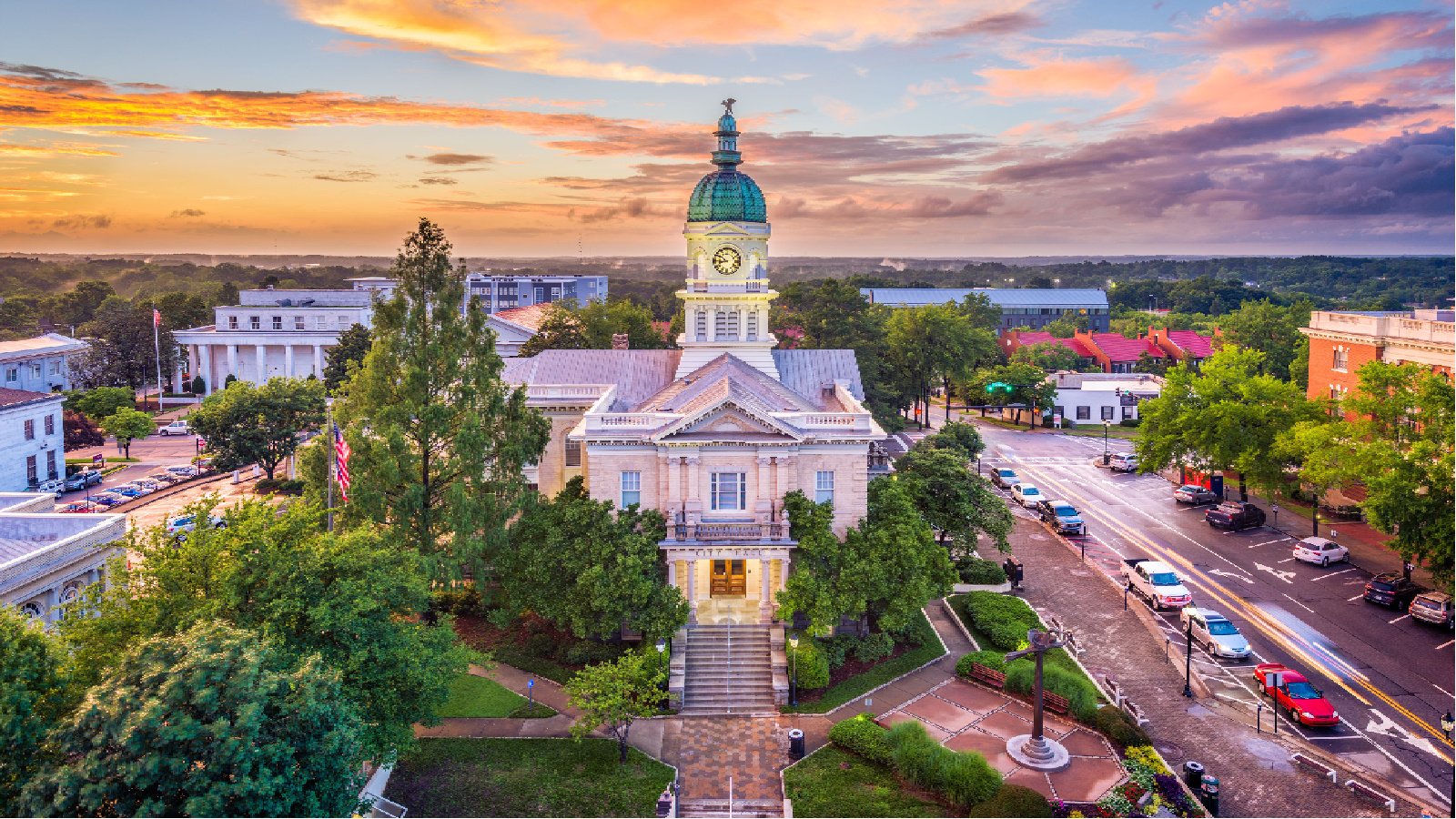
As Georgia navigates this legislative process, the broader implications of Senate Bill 180 reflect a grappling with core values and principles. The debate is not just about a piece of legislation but about what kind of state Georgia aspires to be. It’s a testament to the ongoing effort to reconcile diverse beliefs within a democratic framework, striving for a society where every individual’s rights are respected and protected. This episode in Georgia’s legislative history serves as a reminder of the ongoing work required to achieve a truly inclusive and equitable society.









WhatsApp web’ https://www.ws-iag-whatsapp.com Manage your personal and business chats distinctly on WhatsApp Web. . Date: 2026-01-14 00:44:15 (-03).